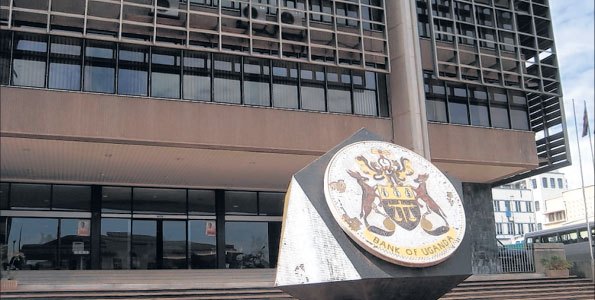On Tuesday 5th February 2019, shareholders of defunct bank Greenland meet with the Commission Statutory Authorities and State Enterprises (COSASE) over closure of the bank twenty years ago.
Mr Ahmed Nsubuga and Haruna Sebagala accused the Central Bank of fraud in handling of securities for loans of the defunct bank.
The share holders told MPs on the committee that they are entitled to 171bn shs as a residual claim following the disposition of the bank assets by the bank of Uganda.
Nsubuga told MPs that there were no account orders for sale of properties and the liquidation process was characterised by outright undervaluation of assets, use of unlicensed valuers and court bailiffs, creation of fake customer accounts and impunity in the disregard of court orders following several claims filed against the central bank.
Green Bank history
Established by the Late Suleiman Kiggundu, Greenland bank was closed on April 1, 1999, and Kiggundu arrested and charged with lending big sums of money in violation of the Financial Institutions Statute
In its seven and half years of existence, Greenland Bank achieved phenomenal growth and acquired a domino position in the banking industry in Uganda. Hower
However, the bank was correcting several weeknesses and this trigured freguent inspection and audit reports which letter suggested its closure.
After the imprisonment and release of Kigundu on bail, he met H.E. President Museveni, on April 25, 1999 together with the Chairman of the [Greenland] Board of Directors Hajat Masituula Mayanja and some other shareholders.
After making their presentations to the president on the affairs of the bank, he conceded that Bank of Uganda was wrong to close the bank before listening and giving an opportunity to the shareholders to correct the situation.
The President agreed that Bank of Uganda should have given conditions to
the shareholders which if they failed to fulfill, then it would have been
justified to close the bank. The President also promised to have the decision
reviewed and he immediately appointed his then Minister of Economic Monitoring,
Kweronda-Ruhemba, to be in charge of the review exercise.
The shareholders met and agreed on a proposal for the re-opening of the bank,
which proposal was handed over to the Minister on April 30, 1999. Unfortunately, the matter was never resolve as the minister
never contacted the shareholders again.





